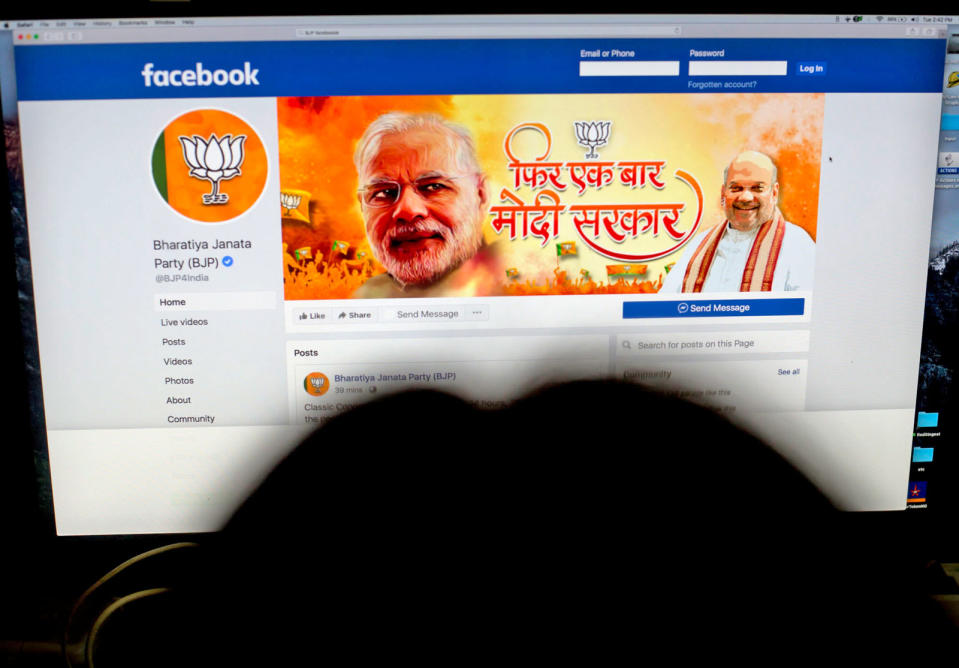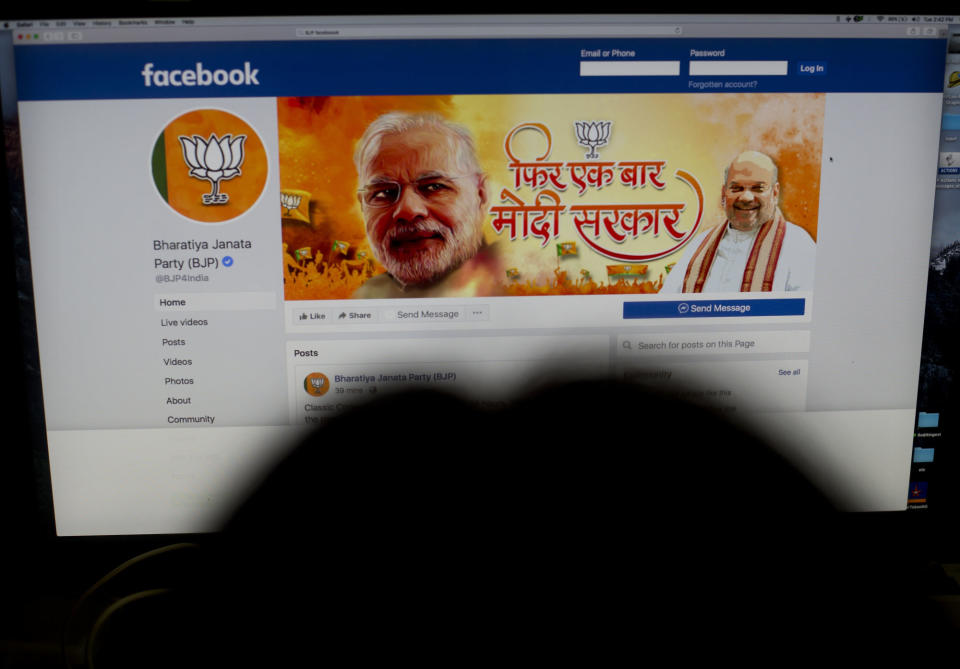Facebook awards grants for social media and elections research
More than 60 projects from all over the world will have access to Facebook’s data.
Facebook is making good on its promise to better understand the complicated role it plays in global politics. The social media giant announced the first recipients of a grant that will allow researchers access to its privacy-protected data for the study of social media's impact on elections. More than 60 researchers from 30 academic institutions from 11 countries were picked by an independent peer-review review board. Grantees will have access to an unprecedented amount of data from Facebook and Instagram for their research; a total of 6.9 billion page posts, 1.2 billion group posts, 11.2 million verified profile posts and 1.6 billion Instagram posts.
While the projects are located all over the world and vary in their approach, they all align with the initiative's wider goal: to find out how fake news on Facebook impacts voting behavior. One study by the National Chengchi University in Taiwan will look at how link sharing influences Taiwanese elections. Another project from Sciences Po in France entitled "I Read It on Facebook": How Do Conversations on Social Media Escape the Agenda-Setting of News Media?" will analyze audiences for every French news outlet during recent elections. One from Ohio State University seeks to understand problematic sharing behavior on Facebook.
In order to give researchers access to its data without violating user privacy, Facebook built a custom infrastructure that put restrictions on how much and what type of data they can access. The company will remove personally identifiable information and limit the number of queries a researcher can run.
Researchers will have access to data from CrowdTangle, which will allow them to see data from public Facebook pages, profiles and groups. They'll also have access to Facebook's Ad Library API, which includes data on ads related to politics or issues on Facebook in the US, UK, Brazil, India, Ukraine, Israel and the EU. Also available to researchers will be Facebook's URL data set, which includes URLs that have been shared by at least 100 unique Facebook users.
It's unclear exactly when we'll see the fruits of the researchers' labor. The research teams will get started this summer, after attending a training session in June. Facebook stated that it will "take the time necessary" to make sure that privacy is protected.
"We understand many stakeholders are eager for data to be made available as quickly as possible. While we remain committed to advancing this important initiative, Facebook is also committed to taking the time necessary to incorporate the highest privacy protections and build a data infrastructure that provides data in a secure manner," wrote Facebook in a post.



